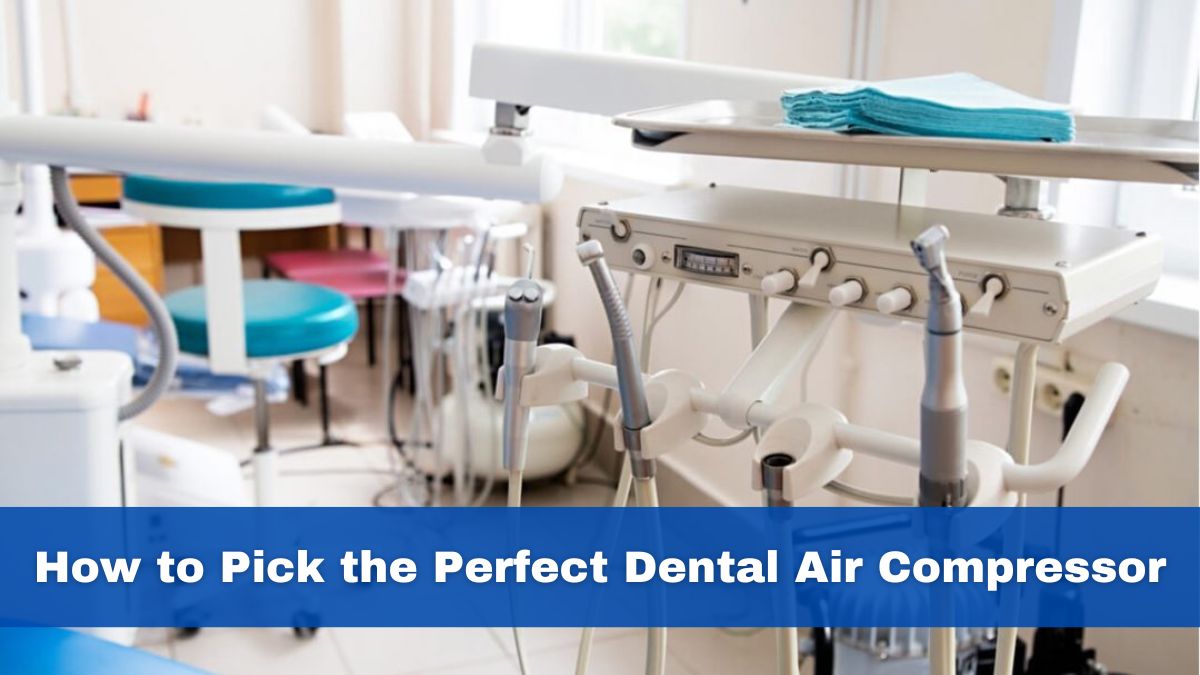When it comes to dental equipment, an air compressor is an essential piece of machinery that is used for powering dental handpieces, scalers, and other dental instruments that require compressed air to function. Here are some important factors to consider when choosing a dental air compressor:
- Noise level: A dental office can be a noisy environment, and a loud air compressor can make it even more challenging for patients and staff. Look for a compressor that operates quietly, with a noise level of 60 decibels or less.
- Tank size: The tank size of an air compressor determines how much compressed air it can store. For a dental office, a tank size of at least 6 gallons or a Pancake Air Compressor is recommended to provide enough compressed air to power dental instruments consistently.
- Power and flow rate: Dental handpieces require a certain amount of air pressure and flow rate to function correctly. Look for a compressor that provides a consistent air pressure of 60-80 PSI and a flow rate of 2-3 CFM (cubic feet per minute).
- Oil-free vs. lubricated: Oil-free compressors are preferred for dental applications as they eliminate the risk of oil contamination in the air supply. Lubricated compressors, on the other hand, require regular maintenance and oil changes.
- Size and portability: The size of the compressor should be considered, especially if you have limited space in your dental office. Portable compressors are available that can be easily moved from one room to another, but they may not have the same capacity as larger, stationary models.
- Durability and reliability: A dental air compressor should be built to last and provide reliable performance. Look for models with a reputation for durability and a long lifespan.
- Maintenance requirements: All compressors require some level of maintenance, including regular filter changes and oil changes for lubricated compressors. Consider the maintenance requirements of the compressor when making your selection.
In conclusion, choosing the right dental air compressor requires careful consideration of several factors. By understanding the needs of your dental practice and the requirements of your dental instruments, you can select a compressor that provides reliable, efficient performance for years to come.
